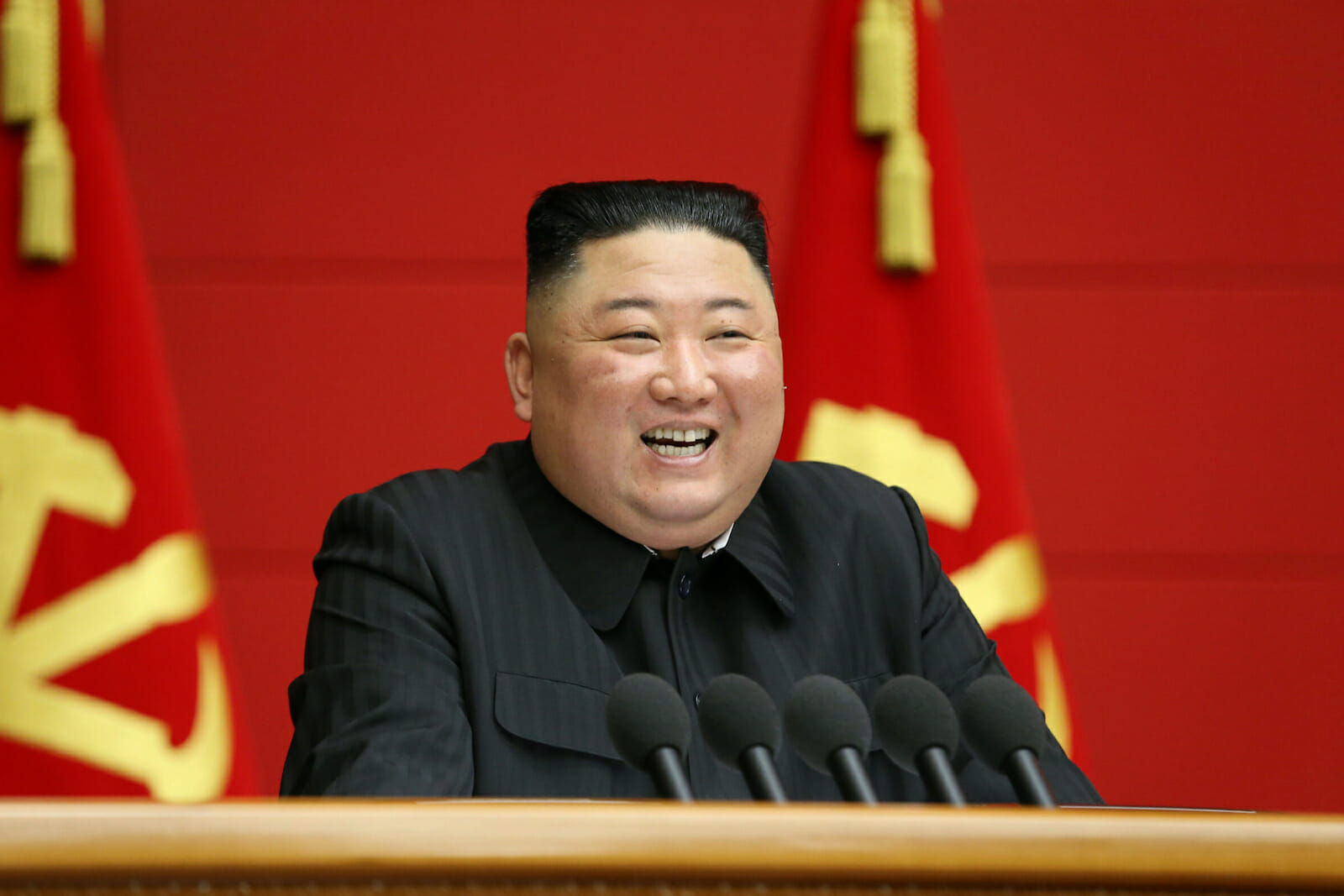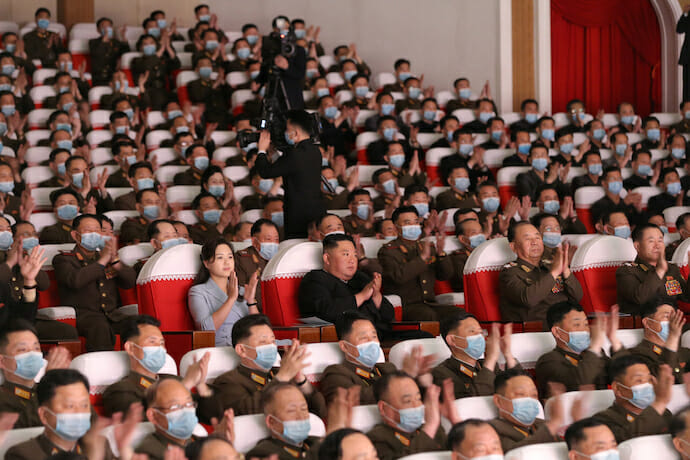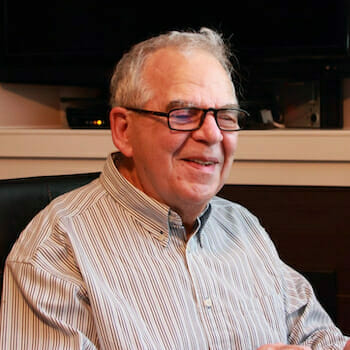
The Cycle Begins Anew in North Korea
Does the appearance of change in North Korea mean anything?
Kim Jong-Un told delegates of the Workers’ Party of Korea in January that the economic emphasis would shift from the military that consumes half of the national budget to the civilian sector. He announced that the number of troops would be reduced and the terms of service would be cut from thirteen years to eight for men and from eight to five for women. Large numbers of men have been discharged and sent to work in coal mines or on farms. With little hope for anything better, some are joining roaming bands of bandits.
The shrunken ranks mean that the military can release to the civilian population stores of rice and cornmeal. With an arsenal of nuclear weapons, Kim Jong-Un has little concern that South Korea or the United States will use a weakened military as an opportunity for an invasion as his father had feared during the famine of 1994.
Prior to the announcement in January that the ranks of the military would be thinned, Kim Jong-Un displayed new advanced missiles in October. What was being shown is the transformation of the North Korean military into a technically advanced force that no longer needs ranks of poorly trained and badly equipped malnourished troops. What also can be interpreted from the new high-tech military is a shift in strategy from a war of attrition to a first strike of maximum destruction.
The economic stresses were confronted at a cabinet meeting in February. Kim Jong-Un admonished senior officials for failing to devise a workable program to improve a dismal economy. Kim Tu-Il, the director of the Central Committee’s Department of Economic Affairs, was charged with the failure and dismissed after only one month in the position. Kim Jong-Un ordered a shift to a centrally directed economy that will consolidate power in his hands. At a time when he is under pressure from famine, U.S. sanctions, and the pandemic that officials have stressed doesn’t exist in North Korea, he is opting for tighter control. The surprise invasion by the virus appears to have thrown him into a panic that has transformed the Hermit Kingdom into the Isolated Kingdom with sealed borders and severe shortages of everything.

Kim Yo-Jong, Kim Jong-Un’s younger sister, took the stage in April by threatening Seoul. While she was insulting and threatening Seoul, conversations between officials of the two Koreas were being conducted secretly. Following the tradition of hot and cold diplomacy, North Korea has abandoned the policy of applying subversion to overthrow South Korea.
Pyongyang surprised everyone in July by reopening four telephone hotlines between the North and the South. Cutting the links in June of 2020 was to punish the South for allowing propaganda-bearing balloons to be launched over its territory. Regardless, critical communications had been maintained. As usual, Kim Jong-Un’s shift was only a gesture with little substance.
As members of the Moon Jae-In government celebrated the warming relations, the North Korean military added a chill by implying that it is preparing to implement urban guerrilla warfare throughout the South.
Referring to the reopening of the telephone hotlines, Lee In-Young, Seoul’s Unification Minister, said in a Facebook post: “This is only the beginning. I will work harder for the Kaesong Industrial Complex, the reunion of separated families and others.” The Kaesong Industrial Complex is a North-South industrial complex that U.S. sanctions are blocking the Moon government from reopening.
For some in the Moon government that favor closer ties with the North, desperation will make Kim Jong-Un more flexible. There, however, has never been a time when the plight of his population has ever affected his policies.
Moon Jae-In is the more desperate of the two and is the more willing to shift course. After years of being a civil rights lawyer, he imposed freedom of speech restrictions on South Koreans by punishing anyone sending balloons over the border with North Korea.
Moon Jae-In’s political career ends next year, and he has little to show for it. The new Biden administration places little importance upon the Korean peninsula and is not likely to modify any of the sanctions. President Moon could take the drastic step of shipping tons of desperately needed rice or thousands of vaccine shots North for humanitarian purposes. If the U.S. retaliates, President Moon could claim the high moral ground and point out from Afghan images how unreliable the United States is. At the end of an unimpressive career, Moon has nothing more to lose.

